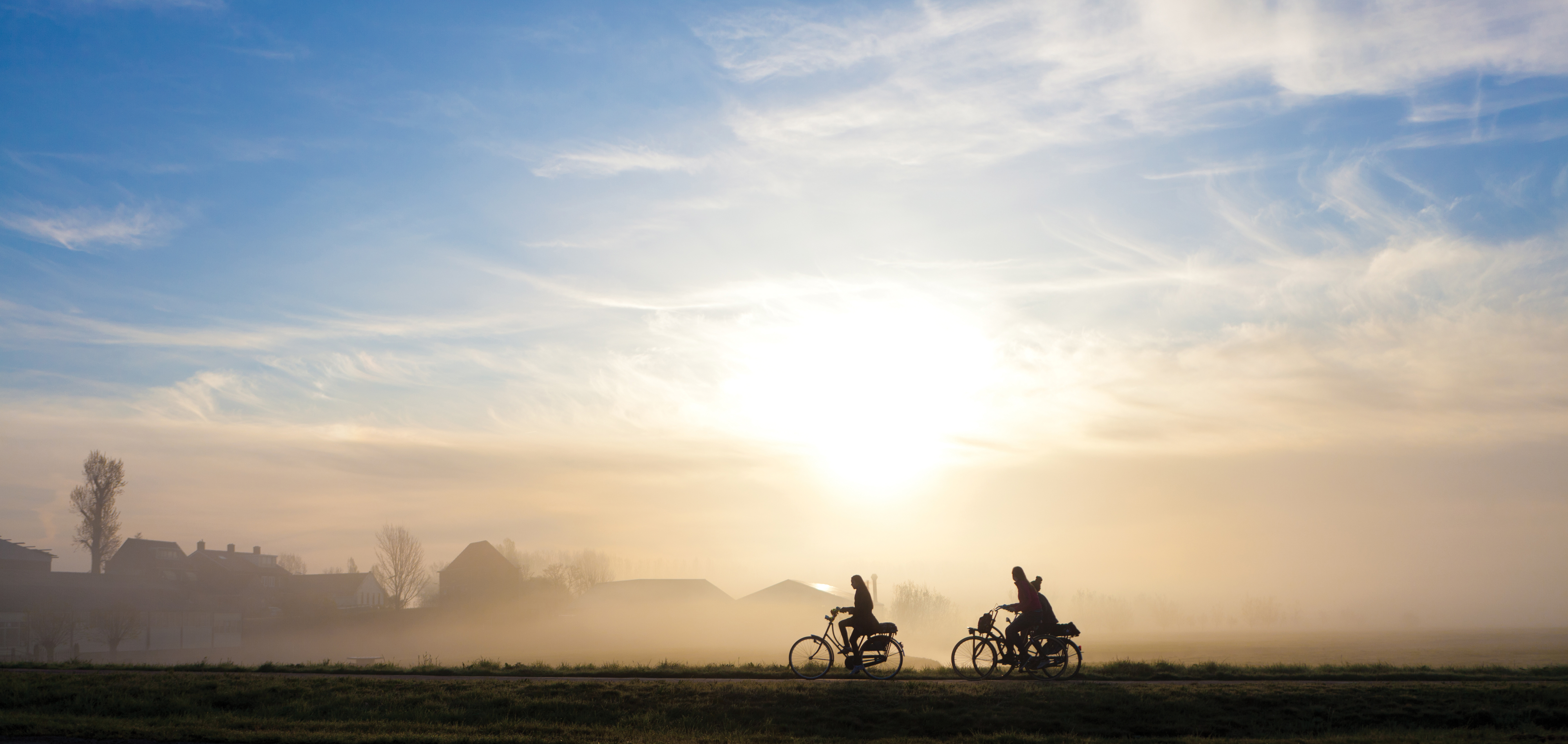In the Netherlands students are required to learn English in school, and most people know at least a little bit of English. However, studying a second language in school and using it in regular conversation with friends and family are two different things.
Although many people will be able to have a conversation with you during your high school program in the Netherlands, they are not always going to have a conversation with someone else in English for your benefit. It’s not fun to have to sit at a table without a clue as to what people are talking about.
Of course by studying abroad in the Netherlands you are bound to pick up a few Dutch phrases, but putting some work into learning Dutch before you arrive is something that will improve your overall study abroad experience. Even a few word exercises per day on Duolingo will help you get a better grasp on what people around you are saying.
I studied some Dutch before arriving in the Netherlands, and in my experience people are usually very pleasantly surprised and encouraging when they see that you have put some effort into learning the language. So don’t be afraid to put your Dutch skills to the test on your study abroad program! Learning a little Dutch will go a long way in helping you settle in quickly to your new environment.
To help you get started, here is a list of Dutch slang and useful phrases for you to add to your Dutch vocabulary.
Dutch Phrases to Know Before You Go:
Lekker– yummy, good, very
People use this word to describe everything from food to a good night’s sleep. Lekker is something you can say about a particularly delicious stroopwafel, or a way to emphasize something in a positive way.
For example asking if someone is “lekker lui,” with lui meaning “lazy,” is to ask if they are comfortably lazy.
Telling someone “slaap lekker,” with slaap meaning sleep, is to wish them a good night’s sleep.
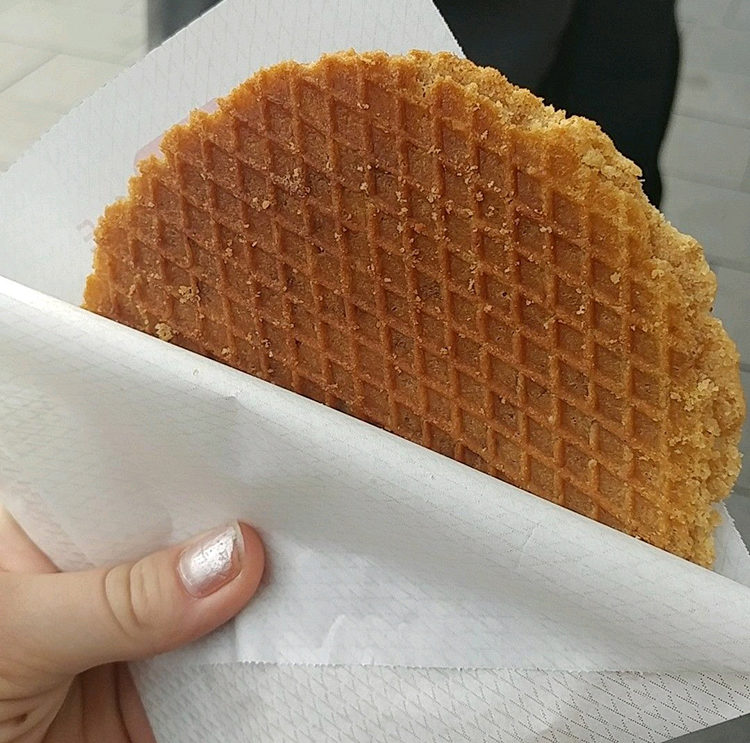
Veel succes, succes– good luck
Success in Dutch is pronounced a bit differently than it is in English. Instead of saying (suck-ceSS) people pronounce it more like (sook-ceSS). When people say “succes” or “veel succes” to you in the Netherlands, they are wishing you success in what you are about to do.
My host parents will often say “veel succes op school” before I leave for school, wishing me a good day at school.
Maakt niks uit – It’s not a problem.
This is usually a phrase people will say after you apologize to them for doing something that they find isn’t too big of a deal. As an exchange student, you will find yourself making a lot of accidental mistakes.
In the moment they can seem like the worst thing ever, but it’s important to remember that you are here to learn, and you will learn from the mistakes you make.
Leuk– fun, cool
This word is pronounced like (loke), rhymes with “bloke,” and can be used to describe a good time, a nice outfit, or anything you find fun.
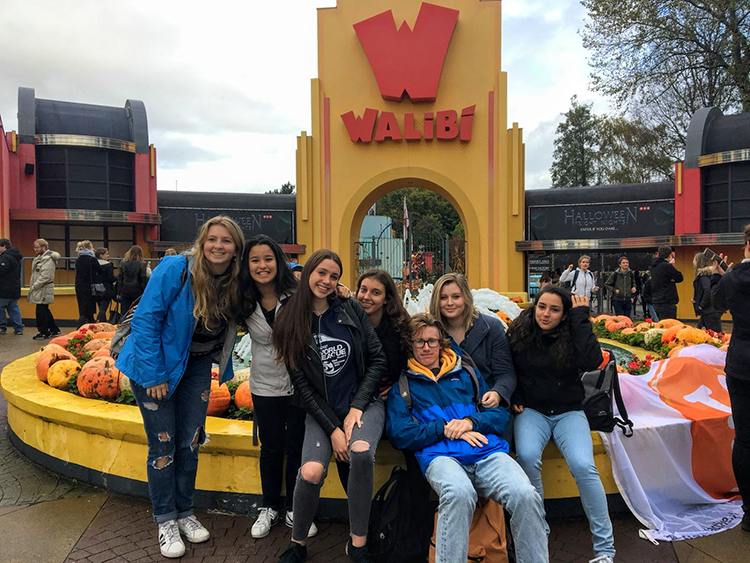
Gezellig– comfortable, fun, cozy
The G’s in Dutch are pronounced with a (gh-uh) sound, in the back of the throat, kind of like the noise you make before spitting. When you pronounce “gezellig,” you use this gh-uh sound for booth G’s, so it ends up sounding like (gh-uh-zell-eh-gh-uh).
Gezellig is an interesting word because there is no exact English translation for it. The closest translation is cozy, but gezellig is also used to describe anything that evokes enjoyment, or general feel-good vibes. Sitting with your host family in front of the fire is gezellig, but so is going to a party with your friends.
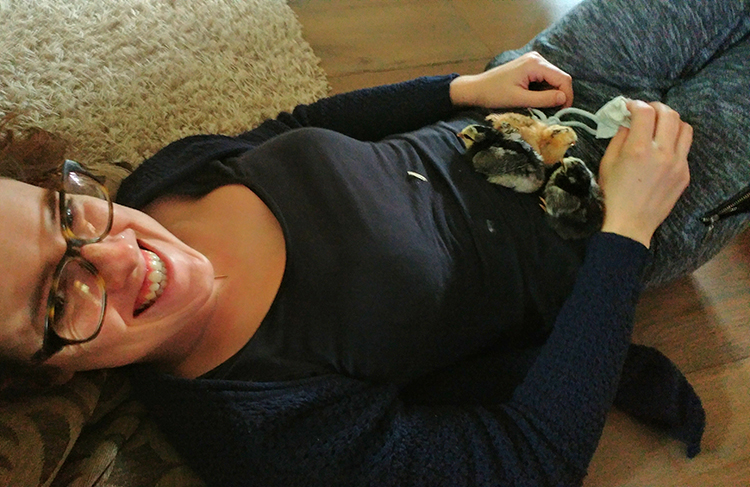
Ik weet het niet– I don’t know.
This is a phrase you will find yourself saying a lot as an exchange student, and it will come in very handy in the face of test questions and school work. Letting your teacher know you don’t understand a question or don’t know the answer to something is very important.
If the teacher knows that you don’t understand something then they can do their best to help and accommodate you. If they don’t know you need help they don’t help you, and you lose the opportunity to learn something new.
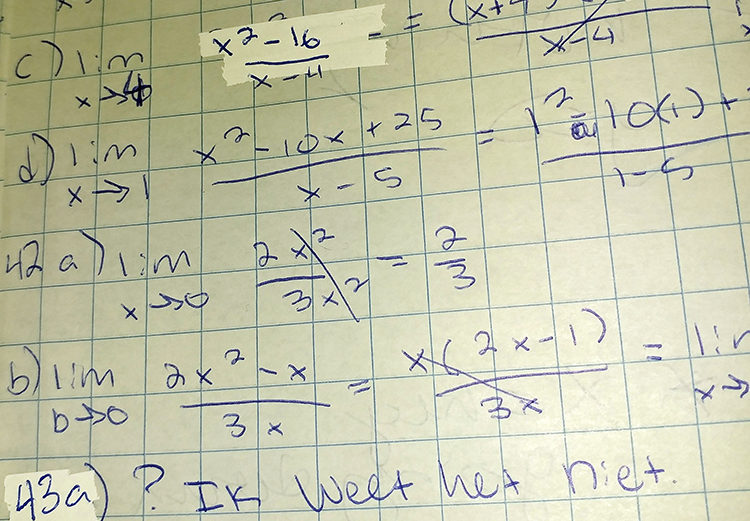
Ik kom van uit Amerika/ De verenigde staten– I am from America/the United States.
This is a phrase I find myself using almost every time I meet someone new, and comes in pretty handy in introductions.
On my exchange program I have met a lot of people from all over the world I never expected to meet. This friend and I may have come from different countries, but we were still able to enjoy this country’s cultural experience together.
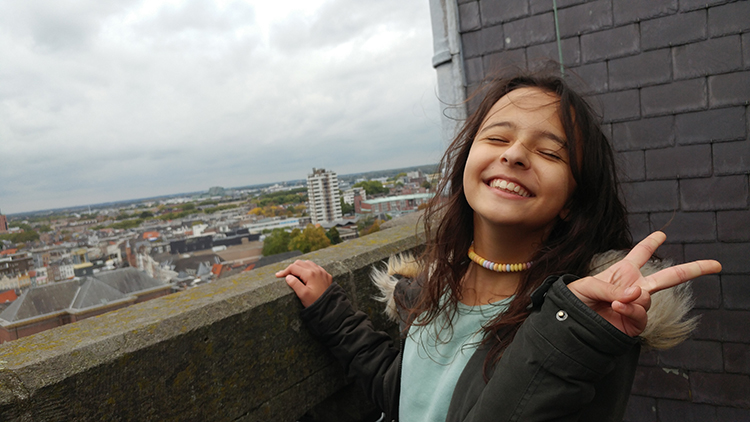
Mag ik een….alstublieft/alsjeblieft? – Can I have a ….? (please polite form/ please informal form)
I used this phrase a lot when first settling in with my host family. It was handy to know how to ask for a glass of water etc. in Dutch while I figured out where everything was. The polite form of “please,” alstublieft, is normally used with people older than you or people who are in a position of respect. You would use the polite form while talking to your boss, or a teacher for example.
Alsjeblieft is a please that you would use with friends, family, people that are close to you, and people that are close in age to you.
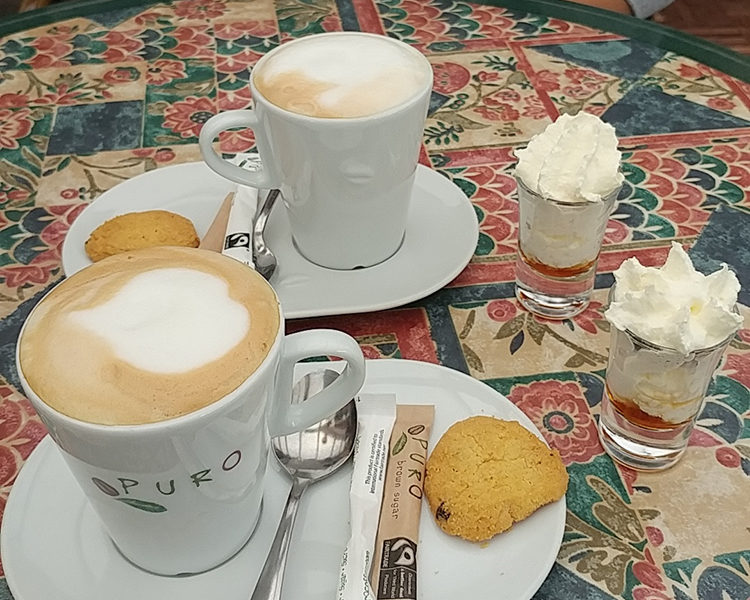
Zeg maar– So to say/ something people will just generally add onto their sentences.
Similar to how a young person will sometimes say “like” in the middle of their sentences. “It’s so, like, cool to be here, but also a little weird at the same time.”
Translated to Dutch: “Het is heel leuk om hier te zijn, zeg maar, maar ook een beetje raar op ze dezelfde tijd.”
Te gek – Crazy, awesome
“Gek” means crazy or insane, but when someone adds “te” (or too in English) in front of it, it means that something was really fun. If someone asks “Hoe was jouw reis naar Amsterdam?” or “How was your trip to Amsterdam?” you could answer with “te gek” or “pretty awesome.”

Rustig maar– Calm down.
This is a phrase that a teacher will often say to a particularly noisy class, a parent will say to a very energetic child, or a pet owner will say to their barking dog. It means to settle down and be quieter.
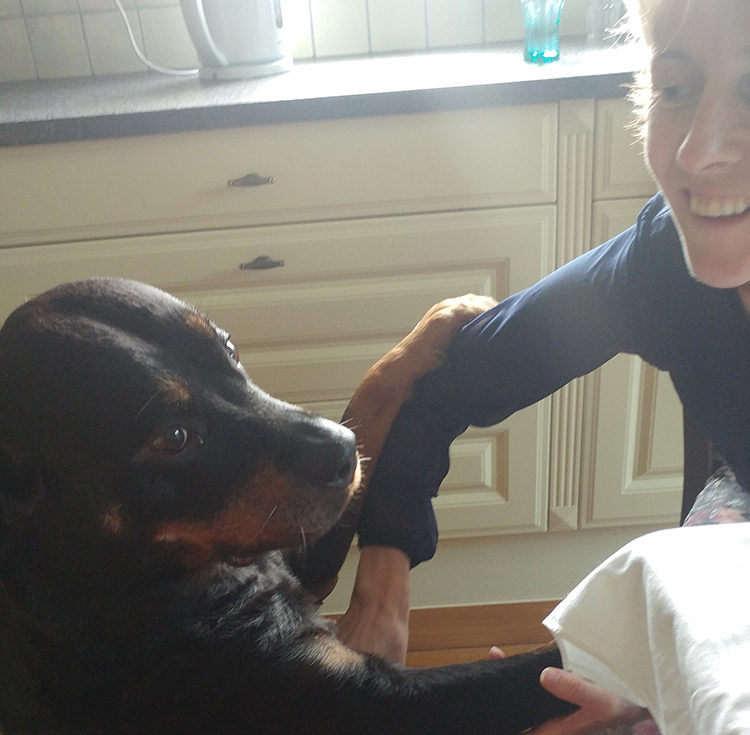
Groetjes– best wishes/ a type of goodbye
This is something people will add to the end of their emails, letters, or texts. It is the equivalent of adding “best wishes” to the end of a message.
Dank je wel/ Dank u wel– Thank you informal form/ Thank you polite form
The polite and informal form of thank you in Dutch is very similar to the polite and informal form of the word “please.”
“Dank je” is a phrase you would use with friends, family, people you are close to and people who are close in age, while “Dank u” is a phrase you would use with people older than you or people who are in a position of respect.
The word “dank” sounds like (dah-nk) in both instances, but “je” is pronounced like “yuh” (rhymes with duh) and “U” is pronounced like (oo), like the sound of the double O in tooth.
This is a phrase I find myself using a lot, with cashiers and waitresses, with friends from school, and most importantly with my host family. Thanking your host family for all they do for you is important- so why not practice a little Dutch while you’re at it?
